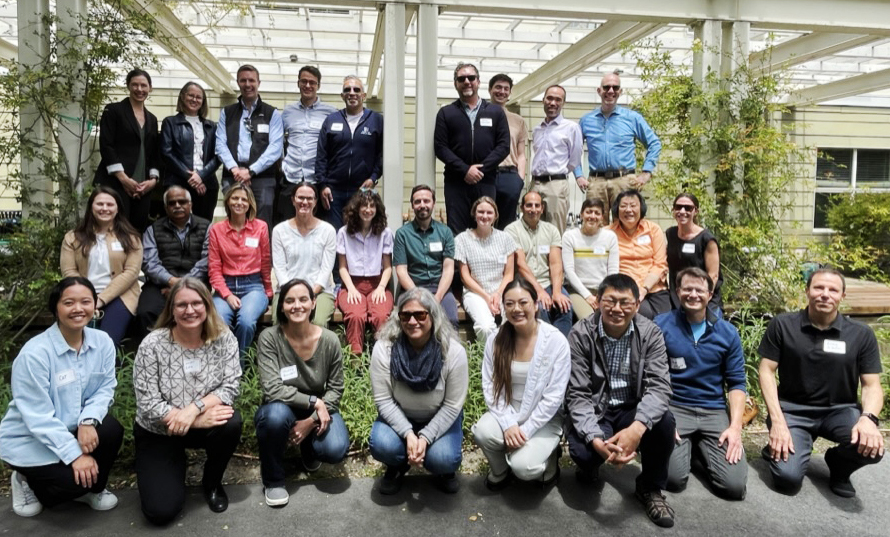Civil society actors play a central role in environmental issues. Although investment in research on clean energy technology and related fields is increasing rapidly, this is long-term, high-risk, and high-regulation work that is not appealing to many firms; market solutions provide only a partial answer at best. Civil society actors provide a check on businesses and government, provide vital education to the public and raise awareness of issues like climate change, advocate for policies, and provide necessary services in the wake of disasters. Environmental activity in civil society is intensifying, but at the same time there is growing cultural opposition. At times, civil society contributes to this polarization.
Research
Training
We train PhD students and PostDoctoral scholars focused on the intersection of environmental issues and civil society. Select undergraduate students may also engage in lab research occasionally. Learn more about our lab’s current and past scholars.

Climate change discourse in U.S. history textbooks from California and Texas
By Hannah K. D’Apice, Patricia Bromley
Field Building
We currently build the field of scholarship at the intersection of climate issues and social sciences to expand the base of knowledge available about the role of domestic civil society actors. We also invite funders and community leaders to engage with our scholars and contribute ideas to our research agenda.
Learn more about the next Sustainability Conference.


